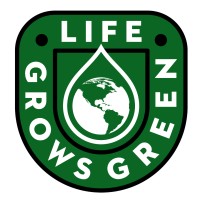Project management is a set of activities that includes initiating, planning, executing, controlling, and closing projects. It’s a discipline that gives you principles, techniques, and tools to help you finish things within the deadline, scope, and budget. Project management consists of a number of interlinking processes. A process is a series of actions performed by a team of people who work towards the same goal.
The incredible impact of modern technology and data flow has changed the face of communication and business. As a result, project management became an essential part of any project, no matter how big or challenging.
People realized they needed a well-defined, well-thought-out, and more disciplined process to help all the ambitious entrepreneurs and their teams manage a project with a breeze.
A project management methodology is nothing but a definition of how you work. If you already have some workflow in place (even if it's not optimal), you don't need to burden yourself with complicated methodologies.
The majority of all project management methodologies are used for managing enormous projects with many key stakeholders and a significant scope. Odds are, if you're running a small business or an agency, you'll only waste time and energy by learning what PRINCE2 or Extreme Programming is or how to create a PERT chart.
Although you don't need a methodology, you could still learn some project management concepts like the critical path, critical chain, design thinking, etc. Learning what buffer time is or why you should limit work-in-progress, can greatly boost your productivity.





